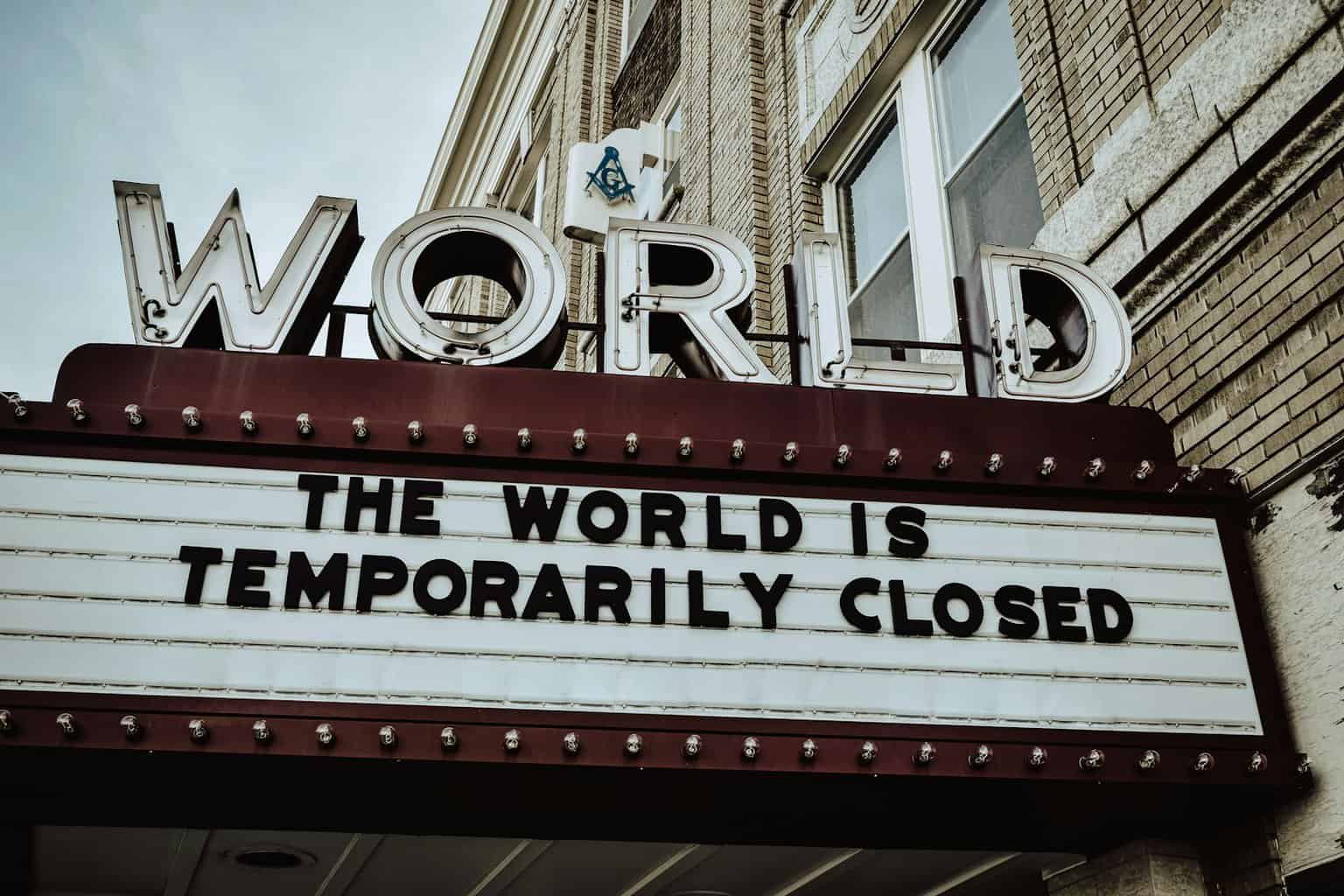In today’s Beltel, Sam McBride has a lengthy piece on the Covid enquiry. Some extracts From the article:
After just four hearings of the Covid Inquiry in Belfast, already layer after layer of Stormont’s deep secrecy has been penetrated. The revelations are dismaying. As death swept towards us, ministers fought.
As health staff risked their lives to treat Covid patients, just one civil servant out of 23,000 volunteered to sit in an emergency hub to coordinate the crisis response.
As politicians told the public they were united in setting aside tribalism to face the pandemic, the head of the Civil Service saw the reality of “excruciating” Executive meetings where “even in a crisis, they’re keener on scoring points off each other than helping the citizen”.
As the Civil Service told us it had reformed after the RHI scandal, it was wiping ministerial phones of awkward conversations it knew should be retained.
There’s a rottenness in Stormont which hasn’t been excised by the RHI Inquiry or by the platitudes of ministers and senior civil servants, and now it can’t be hidden any longer.
This inquiry is spending just 12 days in Belfast and not calling multiple key figures at all. One individual involved in the RHI Inquiry described it as “window-dressing”.
Yet the real value of this inquiry could be the material it publishes, even if many of those involved never appear in public.
That peeling back of Stormont’s secrecy is healthy because it is one of the few ways we’ll ever see its ugly inner workings.
Even historians won’t get to see Stormont’s innards because the official record only contains a fraction of the truth.
Take Executive minutes, for instance. The official minutes of an Executive meeting might be four pages which reveal almost nothing about the discussion.
But the inquiry’s lawyers — to their credit — queried this. Eventually, the Civil Service admitted — having, of course, not volunteered the information — that there is a hidden record behind that official record.
There are pages of handwritten notes — some almost 50 pages long — in which the blow-by-blow accounts of ferocious rows are recorded.
But then the inquiry spotted that some key dates were missing — and one of those was the July 2, 2020 discussion of Sinn Fein ministers attending IRA man Bobby Storey’s funeral in contravention of what those ministers told the public to do.
The inquiry had to ask The Executive Office (TEO) 10 times to secure the release of material which ought to have been given to it at the outset.
Yesterday Brady was questioned by counsel to the inquiry, Clair Dobbin KC, about ministerial phones being “effectively cleansed” by the Civil Service, despite being repeatedly warned by the inquiry not to do so.
It was put to Brady that the Civil Service’s own lawyers had told it in writing that no relevant material should be deleted — and specifically identified text messages and WhatsApps.
Brady said she gave that advice to the First Minister and deputy First Minister — who would have known anyway that any records relating to their work should be retained.
However, yesterday it was revealed that Sinn Fein ministers and special advisers (spads), including Michelle O’Neill, wiped their phones before returning them to Stormont.
Most DUP ministers and spads appear to have not wiped phones before returning them — but then the Civil Service did that anyway.
Arlene Foster, despite her experience of the RHI Inquiry and of the importance of record-keeping, told the inquiry she deleted her messages regularly — and that she did all her business on her private phone, ignoring her official phone.
Stormont seems to have responded to RHI’s exposure of the culture of oral government by opting for deletable government; key business was transacted by destroyable messages.
The day after lockdown, Chief Medical Officer Michael McBride told Sterling it was “deeply frustrating that some including some of our politicians really just haven’t been getting this”.
A week later, McBride said to him that the Executive “lost the run of themselves” that morning and “they are now frankly getting in the way”.
Of course, we can fully expect our politicians and civil servants to be held fully accountable for their actions. No laughing at the back…
I help to manage Slugger by taking care of the site as well as running our live events. My background is in business, marketing and IT. My politics tend towards middle-of-the-road pragmatism, I am not a member of any political party. Oddly for a member of the Slugger team, I am not that interested in daily politics, preferring to write about big ideas in society. When not stuck in front of a screen, I am a parkrun Run Director.
Discover more from Slugger O'Toole
Subscribe to get the latest posts to your email.
